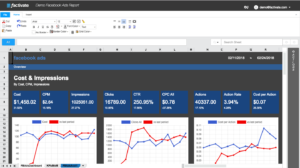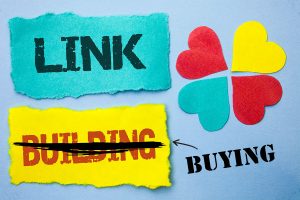
Definition of Corporate Training Corporate training also referred to as Corporate Education or more recently Workplace Learning could be a system of activities designed to coach employees. While it helps employers, it’s also beneficial for workers because it helps them obtain and hone knowledge and skills to progress professionally and personally. The responsibility of coaching the workforce is usually taken on board by Development or Talent teams in larger corporations and Human Resources in smaller companies. they’re required to spot topics and desires of the training programs and make them available for workers. they need a responsibility to make the strategy and roadmaps of employee experiences and journeys. The training industry is rapidly growing. Every organization is in search of a good corporate trainer to train their employees.

There is a standard stigma around corporate training programs, where employees often struggle to work out value in them because they’re designed to spotlight gaps or are very specific and only relevant to current positions. Hence, the role of L&D now’s evolving to enable ongoing learning instead of control it. Only 1/3 of talent developers would be willing to recommend their own programs —they know there’s room to grow. Workplace Learning Today Better workplace learning is more in demand than ever. consistent with a survey conducted by LinkedIn, 94% of employees stated that they’d conceive to staying at an organization longer if the corporate invested in their development.
Complimenting this statistic is that the indisputable fact that 90% of top management also believes that investing in their employees’ career development could be a positive requirement for the expansion of the corporate. That settles it then. Both the workers and employers see the importance of the career development of their workforce. What next? Creating ‘standardized’ training programs for all of your employees will sure, present information before of them but that doesn’t guarantee transfer of data and employee engagement that may translate into growth for the corporate. More importantly, your employees have varied roles, experience, knowledge, & abilities. Designing your educational program to be specific to everyone in every one of them will improve learning efficiency and increase ROI. Well-structured L&D programs build the specified knowledge and skills that may impact individual employee performance and increase job satisfaction, which regularly ends up in higher employee retention. the reality is there’s not a singular model of what constitutes the best educational program.
However, some things remain standard altogether good training programs –no matter the industry, the worker size, the aim of the program, the geography and demography: Relevancy and want – The experience and knowledge you offer your employees must be relevant, timely and applicable to their daily job activities. It should help them expand their knowledge, skills, and maybe easy to digest in order that they learn quickly and might implement what they learn. it’s also imperative to properly identify who has to be trained, what topics and skills they must to be trained on. as an example, if you’ve got unsatisfied customers, you will need customer service training for your sales team.














